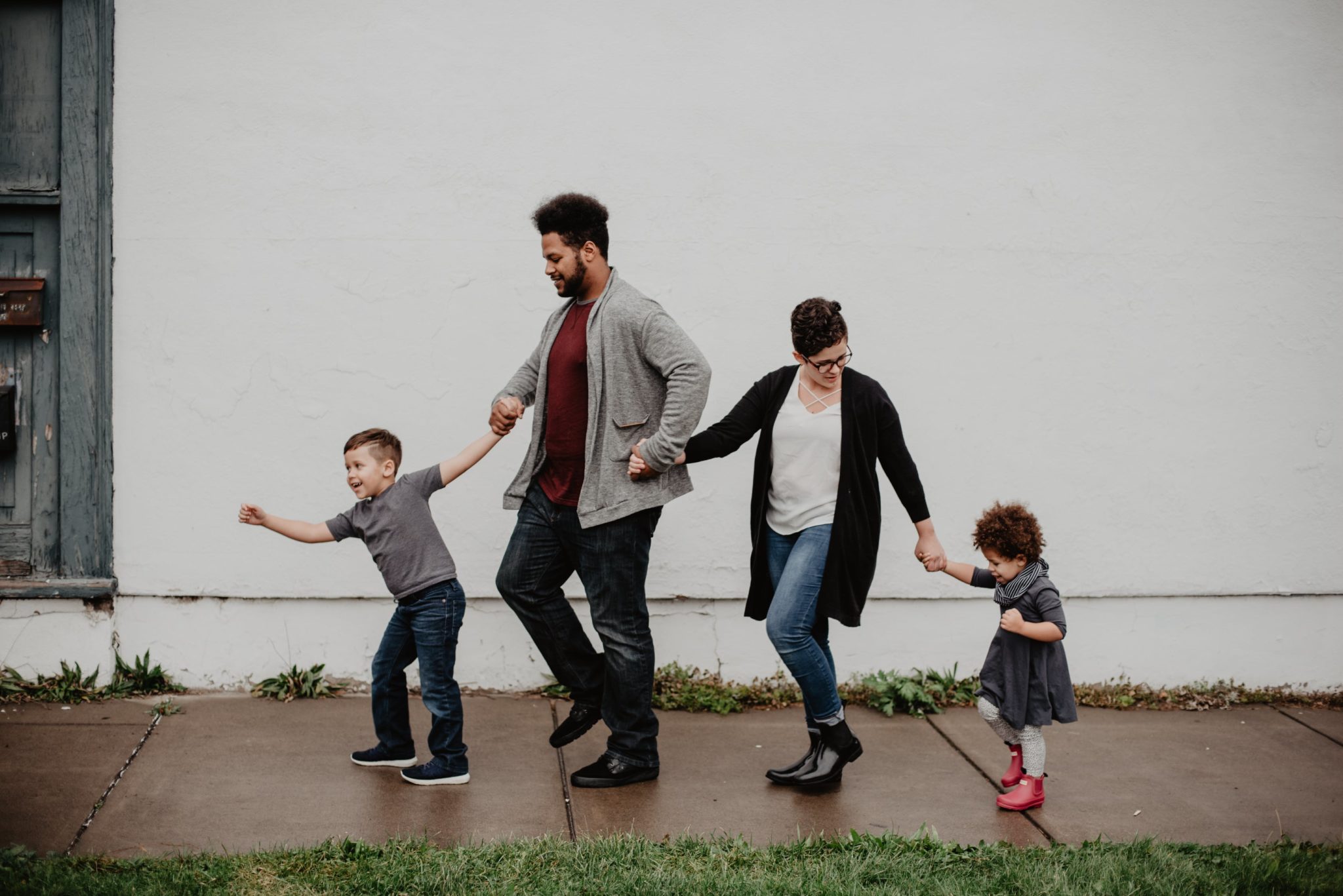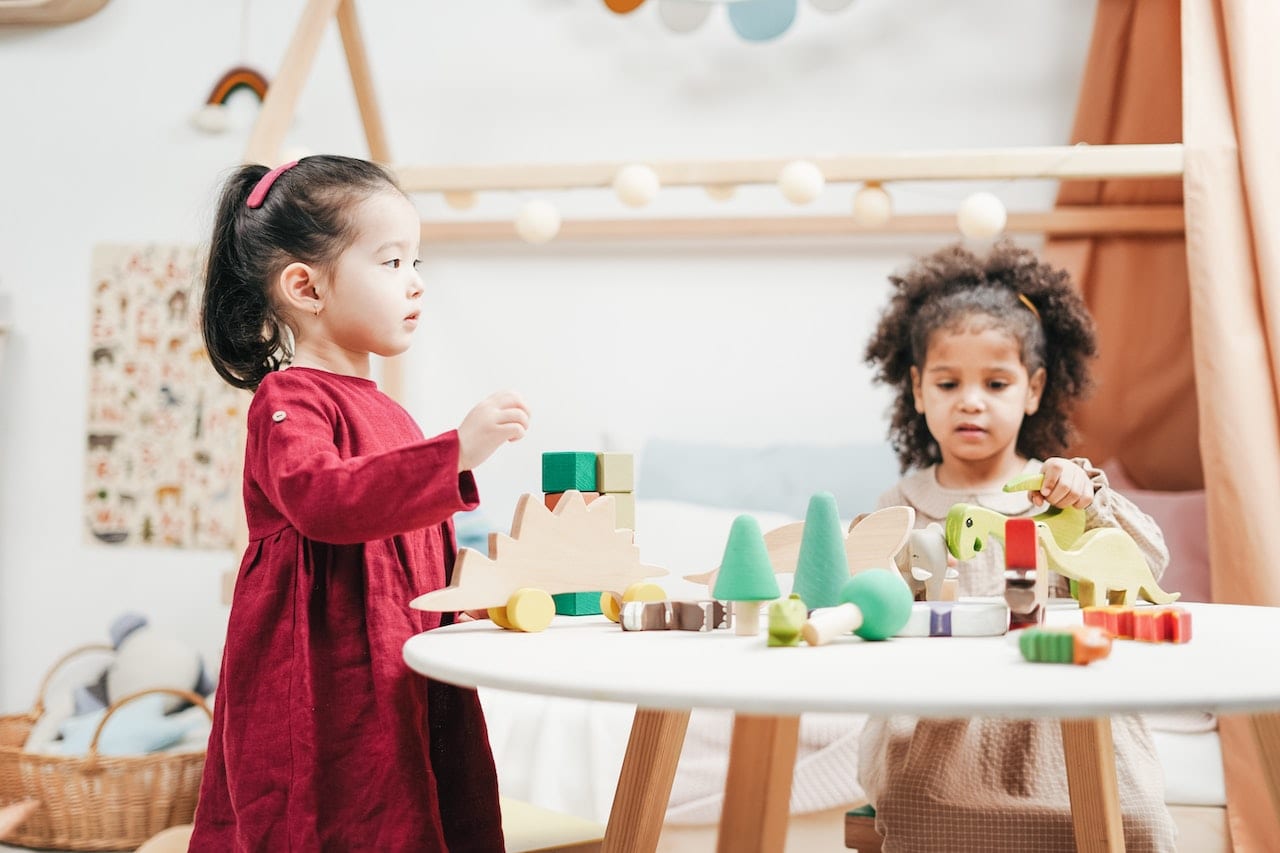We frequently get asked by parents, what should I be doing while my child is in therapy? While we recognize that when bringing your child to therapy, especially at an outpatient clinic, it is tempting to want to use the time to take a break, have some respite, and grab a coffee. However, we want you to know just how important your involvement is, not just in your child’s therapy session but in facilitating and supporting their development.


As an occupational therapist, I truly believe that my number one job is to work myself out of a job. In order words, I consider it my job to teach parents how to do my job with their children. We as therapists are only with your child for 30, 45, or 60 minutes per week. That leaves a remaining 161 hours per week where you as parents get to provide intervention for your children. We desire for parents to feel confident and competent in understanding the tools and strategies we are teaching your child and to understand the underlying science behind why we are doing what we are doing. Simply put, our job, as therapists, is to make your job, as parents a bit easier.
In the western world, we value things like independence, success, achievement, test scores, and financial health. While all of these things are wonderful things to strive for, in and of themselves, sometimes, parents, teachers, and professionals get so focused on these things that we miss the joy of relationships themselves. We miss the magic that comes, not necessarily from a child meeting a specific goal of learning to pronounce a certain word or cut along a line, but that comes when we witness the joy of our child connecting with us, learning that we are their number one fan, or seeing their faces light up, simply when we walk into a room. There is tremendous power in relationships. And as parents, it’s easy to forget that you possess it. It’s easy to get so lost in the things your child must do: clean your room, do your homework, finish your chores, that we can forget who they are and who you are to them. Here’s an example: let’s say your four year old child still is not potty trained. You are tempted to feel defeated, frustrated, and like you’ve failed as a parent or that you’ve failed your child. You put together a perfect plan and schedule for you and your child to follow. You tirelessly follow this plan, hour-by-hour, and day-by-day to no avail. Your child fights to go into the bathroom, let alone, climb onto the toilet. Your natural inclination is to try harder, push your child further, remind them how they need to be able to pee in the potty to go to kindergarten or be successful. Your frustration grows and likely spills over onto your child, your spouse, or your other children. Your non-potty trained child is likely feeling frustrated too. Perhaps they aren’t aware of when they need to use the potty. Perhaps they lack the motor control or strength to pull down their pants. Perhaps the echo of the toilet flushing sound is overwhelming to them. Perhaps the sensation of bearing down while trying to have a bowel movement is uncomfortable. Instead of responding to your child from the part of your care-giving role that desires for them to be independent and successful, respond from the part of your care-giving role that is also their play partner. Consider the trip to the bathroom, not as a task that has to be mastered but as an adventure to take together. You and your child have become pirates and are looking for treasure in a hidden cave. Inside the hidden cave (the bathroom), there exists many things to be discovered. Perhaps you take pictures of some of your child’s favorite characters and tape them to the walls to identify once inside the bathroom. The treasure box is a giant throne made of porcelain. You discover that there is no treasure inside the box but that a pirate can leave treasure inside. Only the pirate sitting on top of the treasure chest can produce the treasure that will make its way inside. Perhaps, once you leave a treasure in the box, you can get back in your boat and make your way to the kitchen for special pirate snack to reward the pirate for leaving such a magnificent treasure in the toilet. (And for your children who may be more concrete in their learning style, be sure you provide some education around the “pretend” nature of the treasure in the toilet so as to avoid any messy and unsanitary play).


Imagine the difference in your child’s mood, affect, and motivation to use the toilet, when you, as their play partner, enter into an imaginative world and go on an adventure with them. Imagine how connected they feel to you in this moment, how excited they will become when you invite them into a world of whimsy and creativity. Imagine how you, as their play partner, will feel much less defeated and frustrated as you avoid having one more task to check off of the to-do list for the day. In addition, you will have supported the development of so many critical skills for your child: social skills, problem solving, motor planning, negotiation, social flexibility, etc. For example, as you are navigating the pretend world of the porcelain pirate adventure, you will be modeling the turn taking and topic maintenance skills necessary for the development of conversational skills. You can help facilitate problem solving skills when, upon arriving at the cave, you discover that the bathroom does not have any toilet paper (perhaps this example is too soon given our current crisis). You can have your child help you problem solve solutions to this dilemma.
Much research has been done to evaluate the efficacy of parent involvement in therapeutic interventions; all of it points, with resounding results, to the truth that parent involvement in a child’s therapeutic intervention yields positive development of social skills, self-esteem, regulation, and executive functioning skills. So parents, I implore you today, put on your pirate hat and find yourselves some pirate booty (on or off the toilet). Yo-ho matees!

Written by: Nicole Kristal, Occupational Therapist

0 Comments